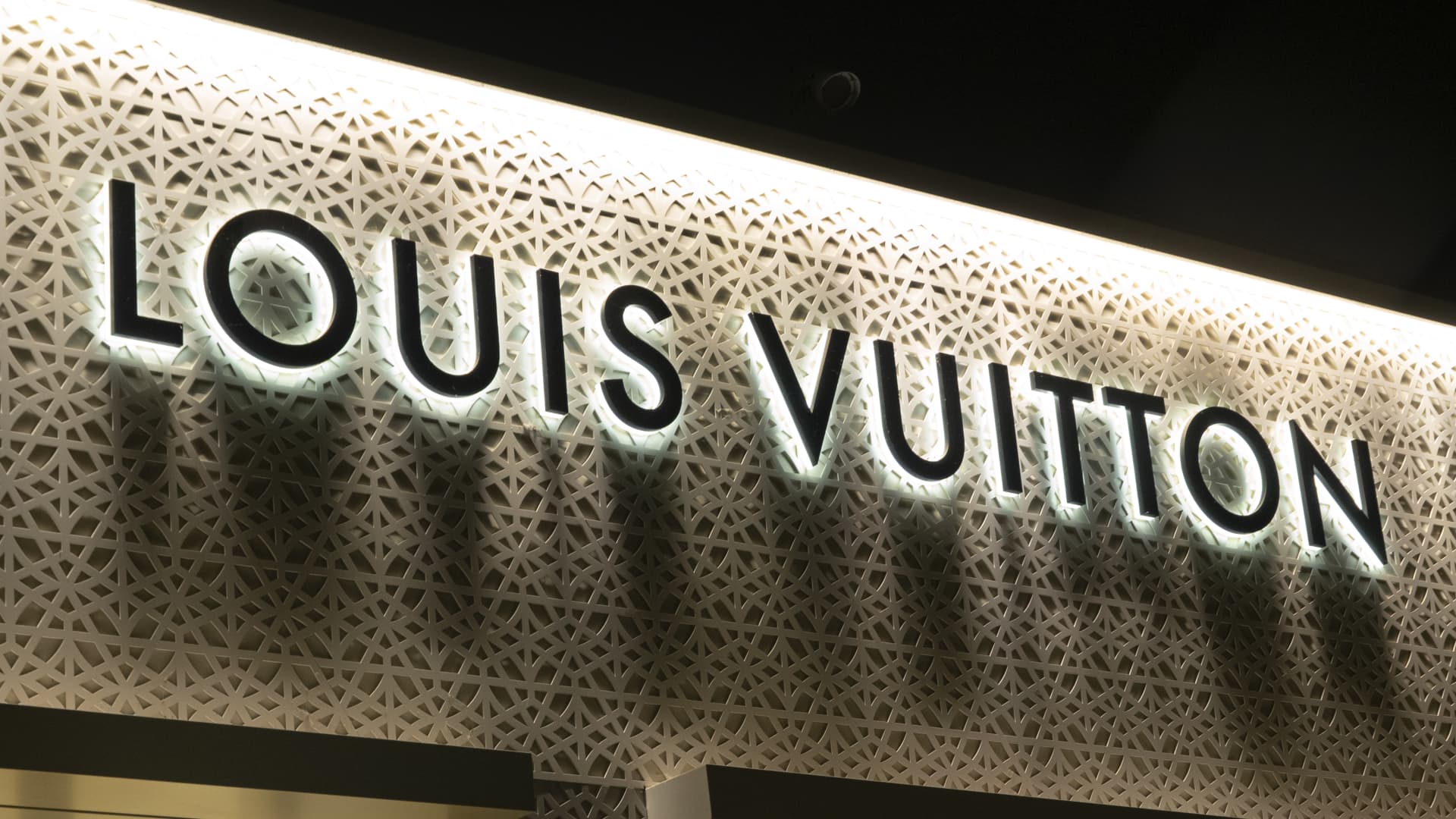LVMH Surprises Market with Stronger-Than-Expected Annual Sales Performance
LVMH, the world’s leading luxury goods conglomerate, has recently made headlines by reporting full-year sales that exceeded analysts’ expectations. This stellar performance not only reflects the company’s robust business model but also highlights a resilient luxury market amidst global economic fluctuations. As consumer demand remains strong, LVMH’s success could significantly reshape market forecasts and investor sentiment going forward.
Understanding LVMH’s Impressive Sales Results
In a detailed financial report released earlier this month, LVMH announced that its annual sales surpassed the $75 billion mark, a figure that analysts had anticipated would be challenging to achieve in the current economic climate. The company’s diverse portfolio, which includes renowned brands such as Louis Vuitton, Dior, and Moët & Chandon, has played a pivotal role in driving this impressive growth.
The luxury conglomerate reported a year-on-year revenue increase of 20%, driven primarily by strong performances in its fashion and leather goods segment. This part of the business alone accounted for nearly half of the total revenue, underscoring the enduring appeal of high-end fashion brands.
Key Factors Contributing to LVMH’s Strong Performance
Several factors have contributed to LVMH’s unexpected sales surge:
- Resilient Consumer Demand: Despite global economic uncertainties, consumers continue to invest in luxury goods as a means of self-expression and status. This trend has been particularly pronounced in markets such as the United States and China, where demand for luxury products remains robust.
- Strategic Brand Positioning: LVMH has adeptly positioned its brands to resonate with younger consumers, leveraging social media and influencer partnerships to attract a new generation of luxury buyers.
- Innovative Marketing Strategies: The company has embraced digital transformation, enhancing its online presence and e-commerce capabilities, which have become crucial in reaching consumers during and after the pandemic.
- Global Expansion: LVMH’s continued expansion into emerging markets has opened new avenues for revenue growth, with particular emphasis on countries in Asia and the Middle East.
The Implications for the Luxury Market
LVMH’s stronger-than-expected annual sales performance sends a positive signal to the luxury market as a whole. As one of the industry’s bellwethers, LVMH’s results can influence investor confidence and market predictions.
Analysts predict that the luxury goods sector will continue to grow, driven by:
- Increased Wealth Concentration: The rise of high-net-worth individuals, especially in developing regions, will likely boost demand for luxury goods.
- Luxury as an Investment: More consumers are viewing luxury items, particularly high-end watches and handbags, as investment opportunities, further enhancing market demand.
- Post-Pandemic Rebound: As global economies recover from the pandemic, pent-up demand for luxury experiences and products is expected to rise, benefiting companies like LVMH.
Investor Sentiment and Market Forecasts
With LVMH’s exceptional performance, investors are reassessing their outlooks for the luxury sector. The company’s shares have already seen a significant uptick, reflecting heightened investor confidence. Financial analysts are now adjusting their forecasts for other luxury brands, anticipating similar trends in sales performance.
Moreover, LVMH’s commitment to sustainability and social responsibility is resonating with consumers, particularly younger generations who prioritize ethical consumption. This shift could further solidify LVMH’s market position and inspire a wave of investment in brands that align with these values.
Challenges Ahead for LVMH and the Luxury Market
While LVMH’s recent results are stellar, the company and the luxury market at large must navigate several challenges:
- Economic Uncertainty: Global inflation rates and potential recessions could impact consumer spending habits, particularly in luxury sectors.
- Supply Chain Disruptions: Ongoing logistical issues and material shortages could hinder production capacities and lead to delayed product launches.
- Changing Consumer Preferences: As consumer attitudes evolve, brands must continually innovate to meet the demands of discerning luxury shoppers.
A Look Ahead: What Does the Future Hold for LVMH?
Looking ahead, LVMH seems poised to maintain its leading position in the luxury market. The company has signaled its intent to continue investing in innovative product lines and enhancing customer experiences both online and in-store.
Moreover, LVMH’s recent forays into the world of sustainability, including initiatives to reduce carbon footprints and promote ethical sourcing, are likely to bolster its reputation and attract a broader customer base. As consumers increasingly prioritize sustainability, LVMH’s proactive approach could provide a significant competitive edge.
Conclusion
In conclusion, LVMH’s stronger-than-expected annual sales performance is a testament to the resilience of the luxury market and the company’s strategic foresight. As consumer demand remains robust, LVMH’s success not only shapes its future but also influences the broader luxury landscape. Investors and analysts alike will be closely monitoring these developments, as the luxury goods conglomerate continues to set the pace for the industry.
As LVMH navigates potential challenges ahead, its commitment to innovation, sustainability, and consumer engagement will be critical in ensuring continued growth and market leadership. With the luxury sector poised for a vibrant future, LVMH’s recent results could very well be a harbinger of what’s to come in the world of luxury goods.
See more Business Focus Insider Team

